How Do Historians Draw Conclusions
How Do Historians Draw Conclusions - The conclusion is the result of logical inferences, extensive observation, and context. The method and the techniques of history. As the previous section has demonstrated, there are many branches of history today, each with different kinds of evidence, particular canons of interpretation, and distinctive conventions of writing. In order to answer the how and why questions of historical analysis and research, historians need to gather all the possible evidence, vet it for bias and authenticity, understand the larger picture presented by these facts, and then make logical. Web historians gather sources and evidence and use them to form interpretations, conclusions and arguments. Orient your readers to the key facts they need to know in order to understand your thesis. However, the question of what kind of inquiries historians pose, what knowledge they seek, and how they interpret the evidence that they find remains controversial. More recently, arguments about the validity of. This could be anything from understanding the cause of a historical event to examining the impact of a particular social or political movement. Web drawing conclusions • some historians arrive at different conclusions using same facts • for example, the building of stonehenge around 3000 b.c. Web a common technique is to turn your conclusion into an introduction. There are many different ways of exploring and thinking about the past, and many different ways to use that knowledge. The answers to the questions help historians draw conclusions about the. To engage in historical analysis and interpretation students must draw upon their skills of historical comprehension. They. It usually reflects what is in the paper—topic, thesis, arguments, evidence—and can be easily adjusted to be a clear and useful introduction. As university or college professors, lecturers or researchers. Web historians draw conclusions from the past approaches to history but in the end, they always write in the context of their own time, current dominant ideas of how to. However, the question of what kind of inquiries historians pose, what knowledge they seek, and how they interpret the evidence that they find remains controversial. Web historians gather sources and evidence and use them to form interpretations, conclusions and arguments. Web historians draw conclusions from the past approaches to history but in the end, they always write in the context. Web how do historians draw conclusions? They publish their findings as academic works or books for the open market. All events that are remembered and preserved in some original form constitute the historical record. For example, historians ask questions such as how societies are similar and different. Web how do historians draw conclusions? Web the reasons why historians disagree are many and varied, but the following represent some of them: This concluding section surveys contemporary historical practice and theory. They assume that all historical evidence is reliable. There are many different ways of exploring and thinking about the past, and many different ways to use that knowledge. More recently, arguments about the validity. The purpose for which history is studied in the first place. All events that are remembered and preserved in some original form constitute the historical record. The conclusion is the result of logical inferences, extensive observation, and context. Orient your readers to the key facts they need to know in order to understand your thesis. Web how do historians draw. I know this question may seem straightforward in the greater scheme of things, as i know research is pro dominantly used through looking at primary sources, as well as secondary. In order to answer the how and why questions of historical analysis and research, historians need to gather all the possible evidence, vet it for bias and authenticity, understand the. They assume that all historical evidence is reliable. When they study the past, historians ask themselves questions. They publish their findings as academic works or books for the open market. Web how do archaeologists help historians study the past? They try to see the past through the eyes of the people who lived it. The answers to the questions help historians draw conclusions about the. Web evidence of the past the changing past the contested past how do historians know about the past? Web a common technique is to turn your conclusion into an introduction. Web how do historians draw conclusions? However, the question of what kind of inquiries historians pose, what knowledge they. By the time your marker reads your conclusion, they have read all the evidence you have presented in your body paragraphs. They assume that all historical evidence is reliable. Web historical methodology defines the process by which historians gather and analyze evidence from source material and draw conclusions based upon that evidence. Web how do historians conduct and draw new. As university or college professors, lecturers or researchers. Web the word history comes ultimately from ancient greek historía, meaning “inquiry,” “knowledge from inquiry,” or “judge.”. Lay out a roadmap for the rest of your paper. Web how do historians draw conclusions? Historians start by formulating a research question or problem they want to investigate. Thus, option (a) is correct. When they study the past, historians ask themselves questions. They assume that all historical evidence is reliable. The conclusion is the result of logical inferences, extensive observation, and context. They publish their findings as academic works or books for the open market. This could be anything from understanding the cause of a historical event to examining the impact of a particular social or political movement. Web historians gather sources and evidence and use them to form interpretations, conclusions and arguments. All events that are remembered and preserved in some original form constitute the historical record. The method and the techniques of history. Culminate in a thesis statement that clearly states your argument. They dig for artifacts in potential historical locations.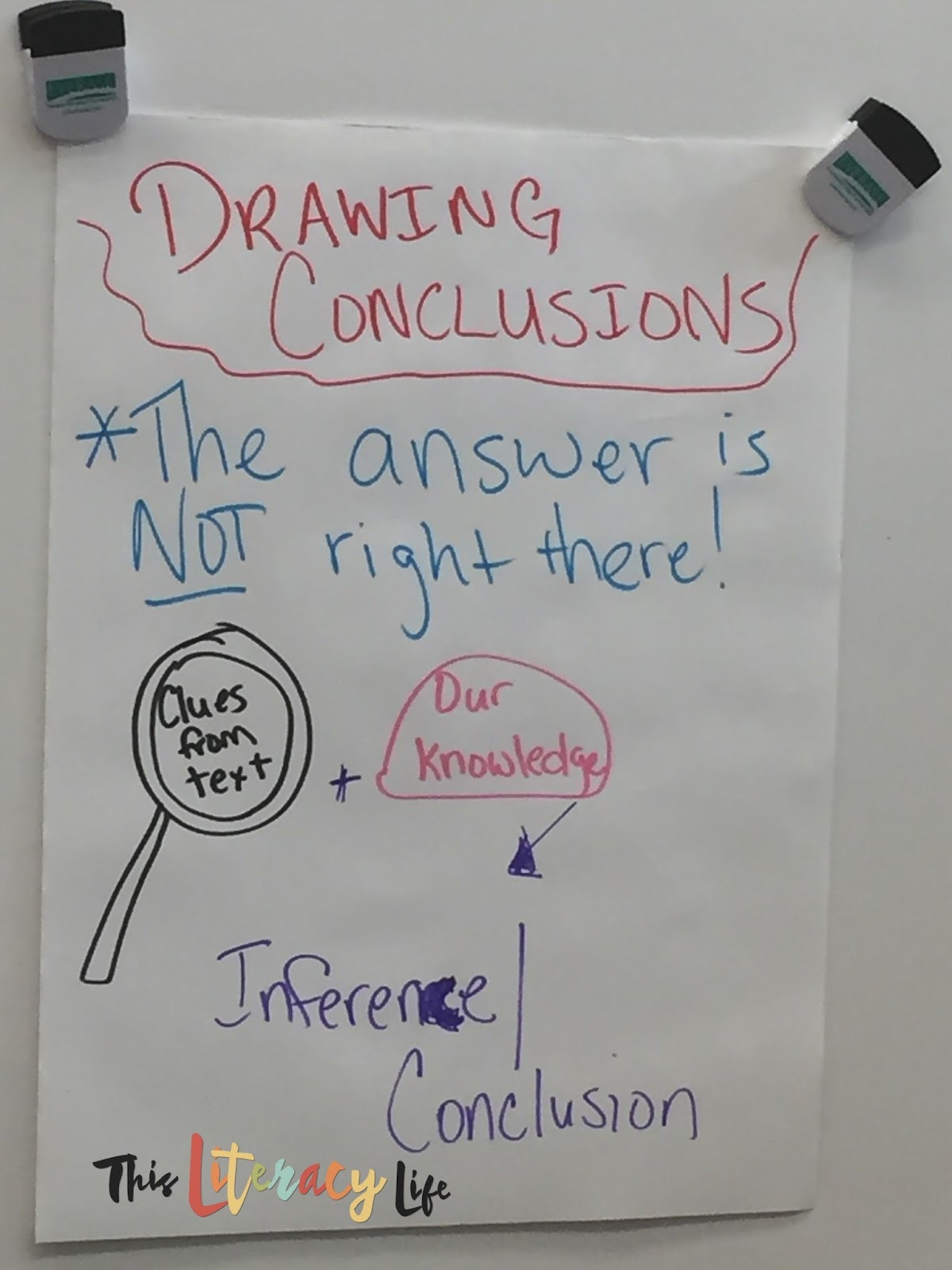
Draw Conclusions Poster

Making Inferences and Drawing Conclusions What's the Difference? The

How to start a good essay conclusion Writing conclusions, Research
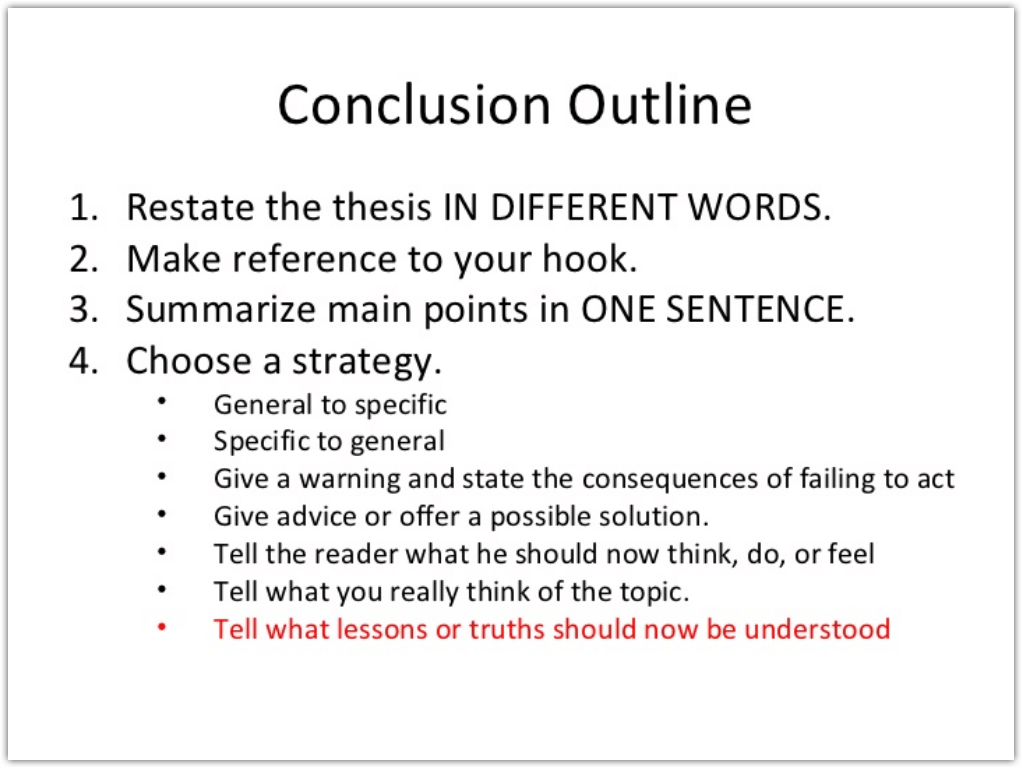
Best Tips and Help on How to Write a Conclusion for Your Essay
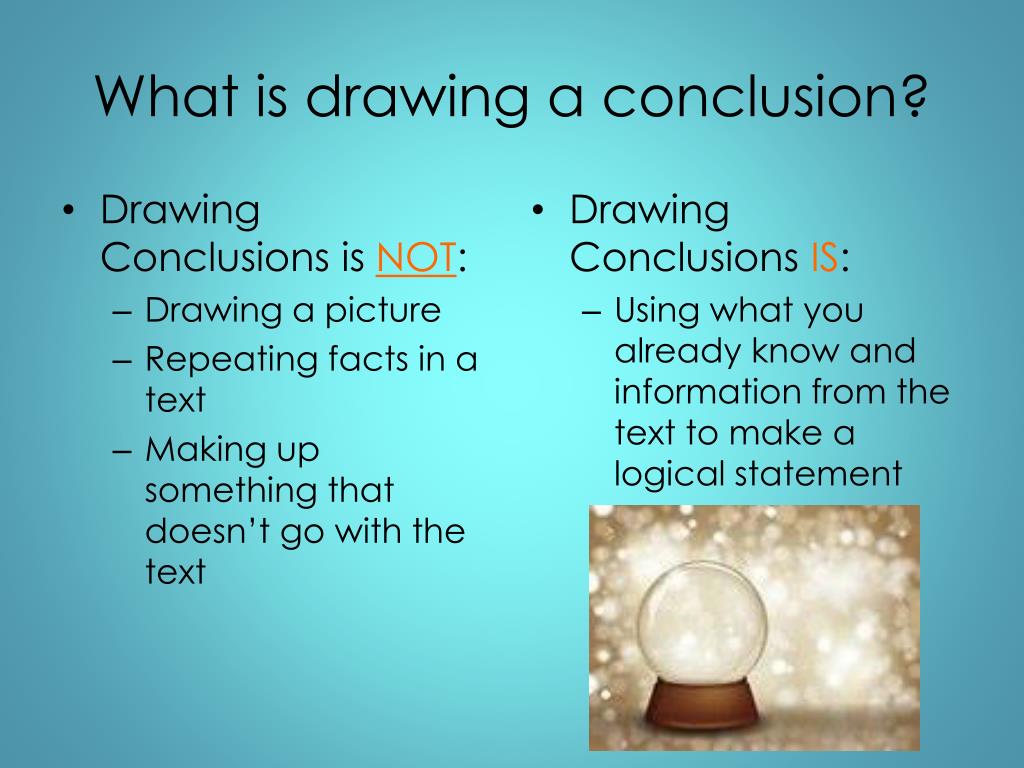
how to draw conclusion in research findings

Explain How Historians Use Different Sources to Draw Conclusions
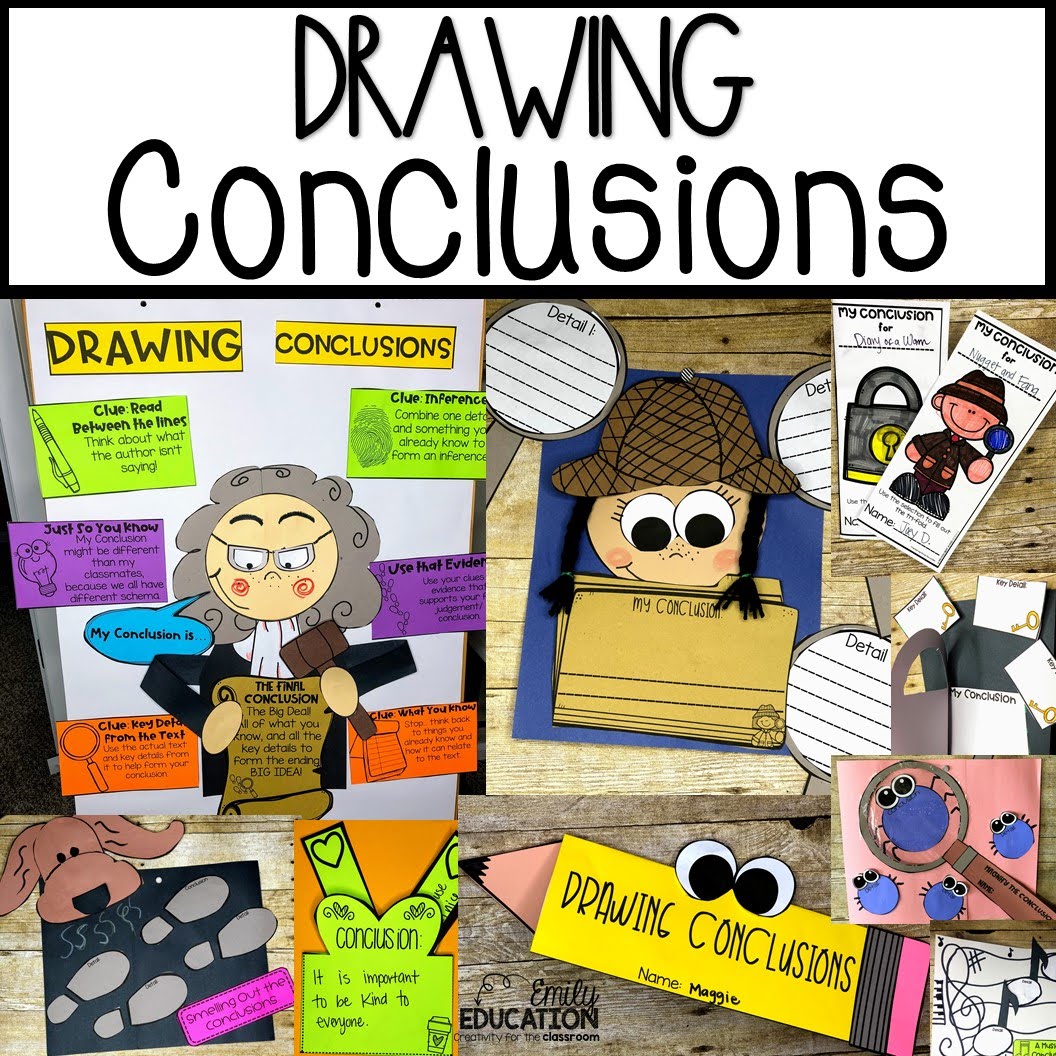
Draw Conclusions Poster
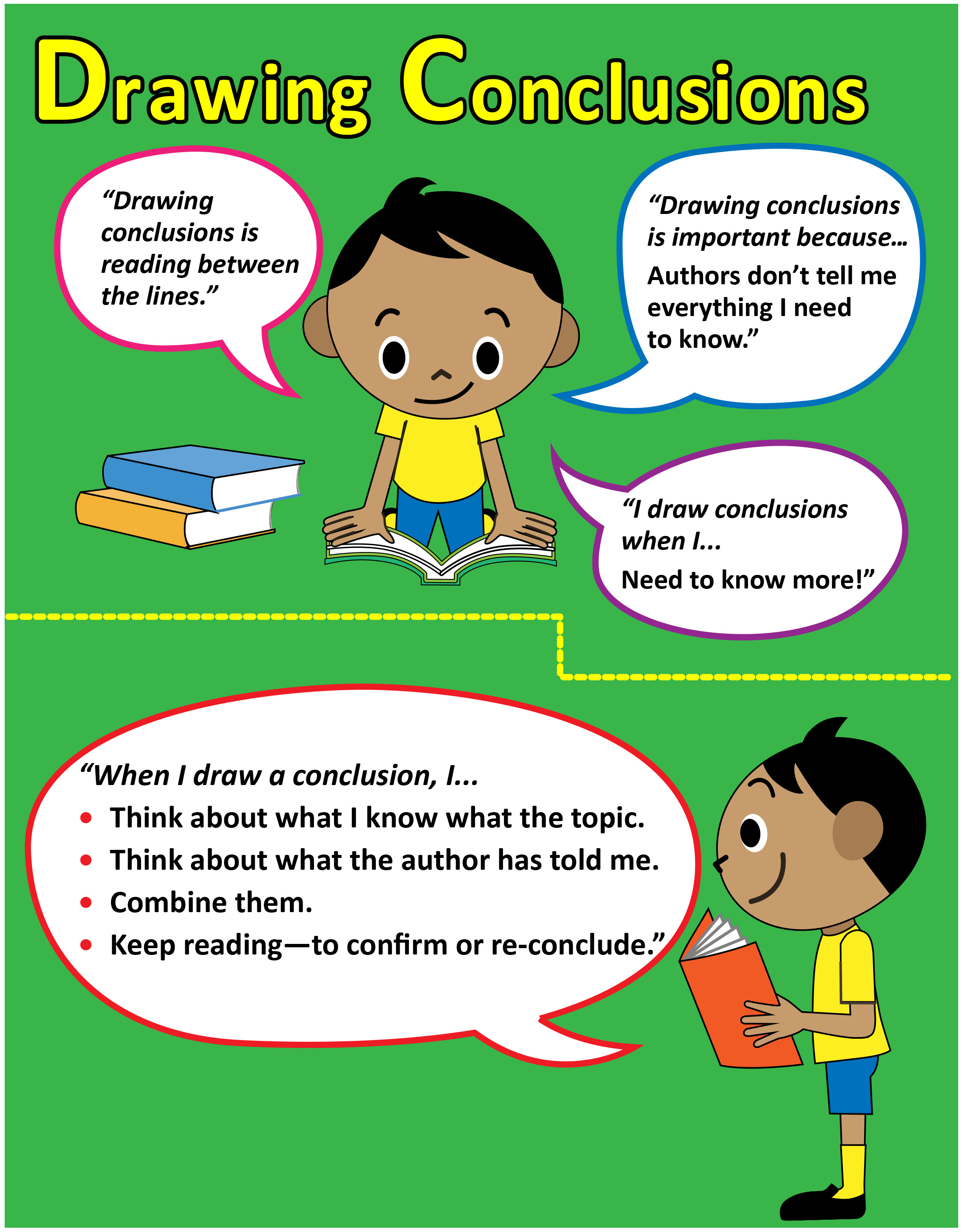
which conclusion can be drawn from this drawing

Drawing Conclusions Anchor Chart Drawing conclusions anchor chart

Drawing Conclusions Worksheets For Students Free Worksheets
Web How Do Archaeologists Help Historians Study The Past?
Web Historians Look For Causes And Effects That Help To Explain How And Why Events Happened.
It Requires Following And Evaluating Arguments And Arriving At Usable, Even If Tentative, Conclusions Based On The Available Evidence.
This Concluding Section Surveys Contemporary Historical Practice And Theory.
Related Post: